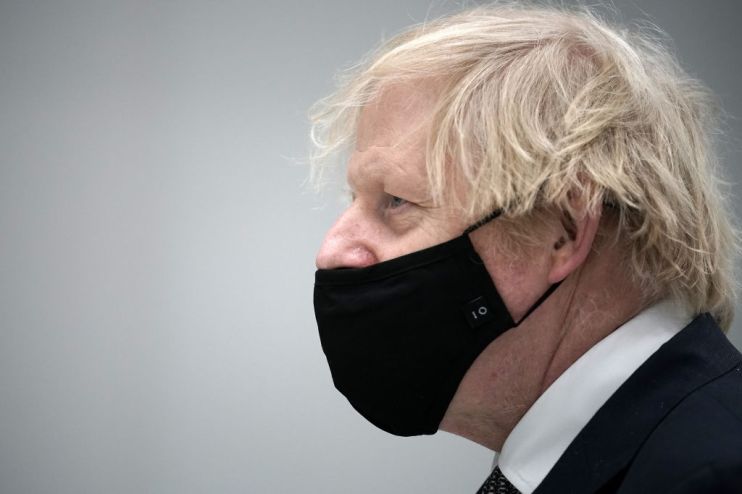The curious case of Boris Johnson’s popularity after a year of lockdowns

In 1993, economics Nobel Laureate Daniel Kahneman published a paper with the enigmatic title “When More Pain Is Preferred to Less”.
He and his colleagues conducted two experiments with the same group of people. In the first, the participants had to hold their hand in cold water for a specified time.
They had to keep it under cold water for longer in the second experiment. But towards the end the water was gradually warmed up.
Which would they prefer to repeat? The subjects were, rather surprisingly, much more inclined to choose the second, even though the bad part of the experience lasted for longer.
Kahneman rapidly thought up a series of similarly imaginative experiments. He organised interviews of patients who had undergone painful medical procedures. The evidence led him to formulate the “peak-end” rule.
Many of our experiences have well-defined beginnings and ends. We set off on holiday and then come back to normal life. We go into a restaurant, eat our meal and leave.
In such circumstances, Kahneman argued that our memories of them are not driven by how we feel about them on average over their entire duration. Rather, we judge them by a combination of how we felt when the experience was at its most intense, the peak, and right at the end.
This peak-end rule explains the otherwise puzzling current popularity of Boris Johnson and his government. Over 125,000 people have died from Covid, giving the UK one of the highest per capita death rates in the world. Billions of pounds have been wasted on useless test and trace schemes and defective PPE equipment.
But the government has surged ahead in the polls. The Prime Minister’s personal ratings eclipse those of the Leader of the Opposition. The peak experience was in the novel circumstances of the first lockdown which started a year ago. We faced an unknown and dangerous threat.
Policy advisors worried that we would soon get fed up of lockdown. Instead, it created a feeling of national solidarity. As during the Second World War, we were all in this together. Perceived breaches, such as those ascribed to Dominic Cummings, were greeted with huge outrage, regardless of the justification.
The end is of course not quite here yet. Just over half the adult population has been vaccinated. But this is by far the most vulnerable half, and there is a palpable feeling that the end is here. Not just that, but Britain has performed exceptionally well in creating and delivering vaccines.
The government needs to tread carefully and it could still fall victim to boasting and over-promising. There is, however, a handy scapegoat in the form of the grossly incompetent EU. For those wanting a quick end to lockdown, the peak-end rule has a sting in the tail.
The evidence from real-life events when people experience pain from surgery, for example, suggests that they prefer pain to gradually disappear rather than vanish abruptly.
Perhaps Boris is a secret devotee of the scientific work of Kahneman. Either way, he is the beneficiary of its discoveries.
